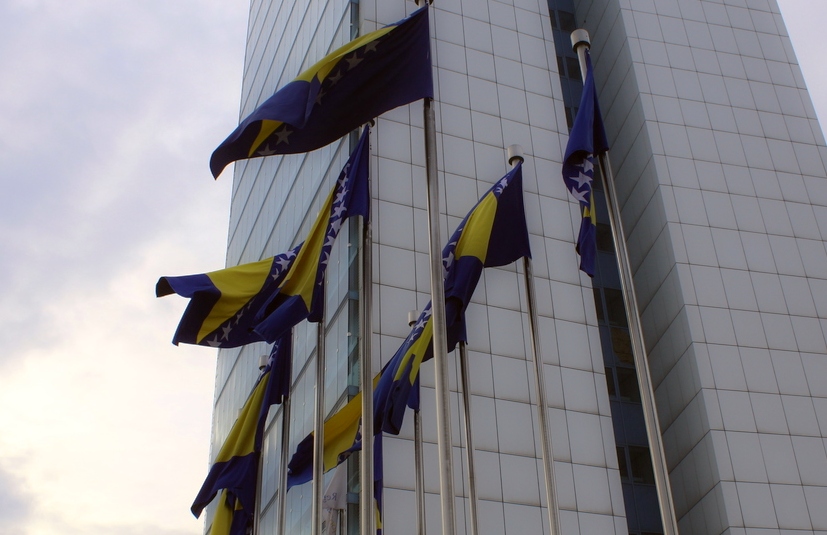In Europe, only Russia and Ukraine are worse than Bosnia and Herzegovina and on the global list of 180 states, it shares the 110th place with Gambia, Indonesia, Malawi, Nepal and Sierra Leone - all with a score of 34 on a scale from 100 – “very clean” from corruption, to 0 or “highly corrupt”.
Transparency International in Bosnia and Herzegovina warned that the 2022 CPI showed that the country “has reached the bottom, as the ethnic divisions hinder democratic institutions needed to fight corruption.”
Since the end of the 1992-95 war, the country remains divided along ethnic lines, dysfunctional and unable to fight corruption.
The head of the Steering Board of TI BiH, Srđan Blagovčanin, stressed that the state institutions have no strategy, policy or activities to prevent graft, but are involved in it instead.
“A special danger for the state is a full symbiosis of the organized crime and state institutions, leading to a further destabilization of the country and collapse of its security,” he said.
The judiciary further exacerbates the situation, according to the report, as the competency of the Court of Bosnia and Herzegovina – which deals with war crimes, organized crime and corruption – to handle corruption is questionable.
“Numerous corruption scandals, [prosecutors’] resignations, and the way how the Chief Prosecutor was elected, have seriously questioned the integrity of the Prosecutor’s Office,” read the statement.
Another worry is the controversial Bosnian Serb leader Milorad Dodik, the head of one of two Bosnia and Herzegovina’ semi-autonomous regions, Republika Srpska. He is renowned for his support for Russia’s invasion of Ukraine, and for his recent discussions of a bill criminalizing defamation, which might be used to suppress independent critics, according to Transparency.
The organization said it hopes it can help improve the situation, and in cooperation with international and local experts, prepared a draft of a Good Governance Agenda 2025. The document offers an innovative approach to governing challenges caused by “dominant capture of the state by ethno-national elites.”
The agenda also offers a set of measures that include systematic and functional audits of the large public sector, aimed at its optimization as well as a centralization of public procurement – currently fragmented on several authorities’ levels.
Besides Bosnia and Herzegovina, Turkey is another Balkan country that has scored a record fall on the CPI since 2012 among the countries of East Europe and Central Asia.
Only Kosovo has improved since 2012, rising to 84th place on the list with a score of 41, despite a recent escalation of tensions with Serbia, which has increased security risks in the region, including by undermining cross-border cooperation, critical to successfully combating organized crime, according to Transparency International.

